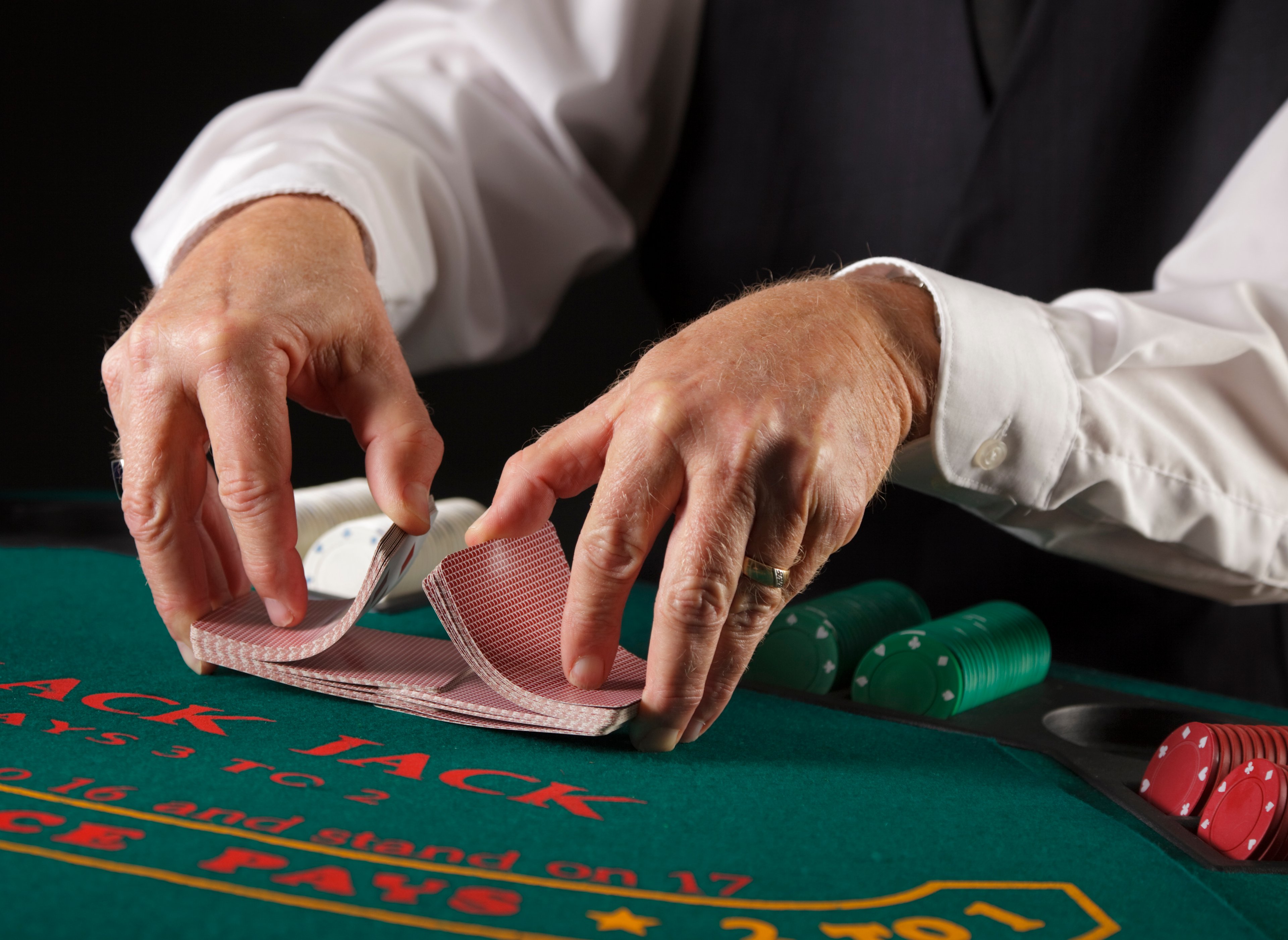Las Vegas Sands (LVS +1.20%) was a great stock to own last year, rallying 30% on surging gaming revenues in Macau. However, 2018 was a much uglier year for the casino giant, which saw its stock drop 5% amid slowing growth in Macau and escalating trade tensions between the US and China.
I bought some shares of Las Vegas Sands last year, but I recently sold my entire position. I still think Sands has a good business model, but the risks now outweigh the rewards for six simple reasons.

Image source: Las Vegas Sands.
1. A slowdown in Macau
Sands generated 64% of its revenue and 59% of its hold-normalized adjusted EBITDA from its Macau properties last quarter. Unfortunately, the GGR (gross gaming revenue) numbers in Macau haven't been impressive over the past three months.
|
Month |
Macau GGR (Billions MOP) |
Year-over-year growth |
|---|---|---|
|
January |
26.26 |
36.4% |
|
February |
24.30 |
5.7% |
|
March |
25.95 |
22.2% |
|
April |
25.72 |
27.6% |
|
May |
25.48 |
12.1% |
|
June |
22.49 |
12.5% |
|
July |
25.33 |
10.3% |
Source: Macau Gaming Inspection and Coordination Bureau.
Sands' Macau business generated decent growth in the first half of the year, with revenue rising 17% annually. Unfortunately, that growth rate underperformed Macau's cumulative January to June growth rate of 18.9%. This indicates that Sands could be losing ground to its aggressive competitors in Macau, which include Wynn (WYNN +0.42%) and Melco, as the region's growth slows down.
2. A soft target for Chinese regulators
So far the trade clashes between the US and China have mostly focused on commodities, technologies, cars, and certain consumer goods, but if those tensions continue to escalate, US casino operators in Macau could be targeted by higher taxes or even have their gaming licenses revoked.
Sands is especially vulnerable for two reasons. First, it generates more revenue from Macau than its top rivals, Wynn and MGM Resorts (MGM +0.15%). Second, Sands founder and CEO Sheldon Adelson is one of President Trump's biggest backers. If China wants to turn up the heat on Trump, it could threaten to gut Sands' business in Macau.
3. Problems in Singapore
Sands also faces problems at Singapore's Marina Bay Sands, which generated 21% of the company's sales and 30% of its hold-normalized adjusted EBITDA last quarter. The resort's revenue tumbled 15% annually, while its hold-normalized adjusted property EBITDA slid 5%.
Sands blamed those declines on a softer rolling volume and win percentage, as well as unfavorable exchange rates. If Singapore remains weak as Macau's growth decelerates, Sands' overall growth in Asia could grind to a halt.

Image source: Las Vegas Sands.
4. Not enough exposure to the U.S. market
Over the past few years Sands focused on expanding its businesses in Macau and Singapore while pivoting away from the U.S. market. That's why it agreed to sell its Bethlehem resort earlier this year.
Yet Las Vegas casinos have been making a comeback. The city's top casinos saw their net income from gaming and attractions nearly triple last year according to the Nevada Gaming Control Board.
The board also reported that the state's total cumulative year-to-date gaming revenues grew 3.2% annually through June. That growth isn't as impressive as Macau's, but Vegas' slow and steady growth might be preferable to Macau's decelerating growth.
Sands' revenue from Vegas rose 3% annually to $402 million last quarter, but that accounted for just 12% of its top line. Its hold-normalized adjusted property EBITDA, which accounted for just 9% of the company's total, rose 23%. Investors looking for safer casino stocks might gravitate toward MGM, which generates most of its revenue from domestic casinos instead of Macau.
5. Its $10 billion bet on Japan
Sands plans to offset its slowdown in Macau with an aggressive expansion into Japan, which recently opened up its market to casino resorts. However, the project could cost up to $10 billion, and already faces a growing list of regulatory proposals, including time, age, and entrance fee restrictions. Those anti-gambling addiction measures could prevent Japan from becoming the next Macau or Singapore.
6. The dividend isn't worth it
Sands' stock doesn't look expensive at 18 times forward earnings, and it pays a forward dividend yield of 4.6%. That makes Sands look like a better deal than Wynn, which has a forward P/E of 16 but pays a lower yield of 2.1%. I was initially drawn to Sands' low valuation and dividend -- but there are plenty of other stocks with lower valuations, higher yields, and fewer near-term headwinds.
The bottom line
This isn't the first time I've bought and sold Sands' stock. Its business is a cyclical one, and things could get much worse before they get better -- so it's better to cash in my chips while I'm still ahead.








